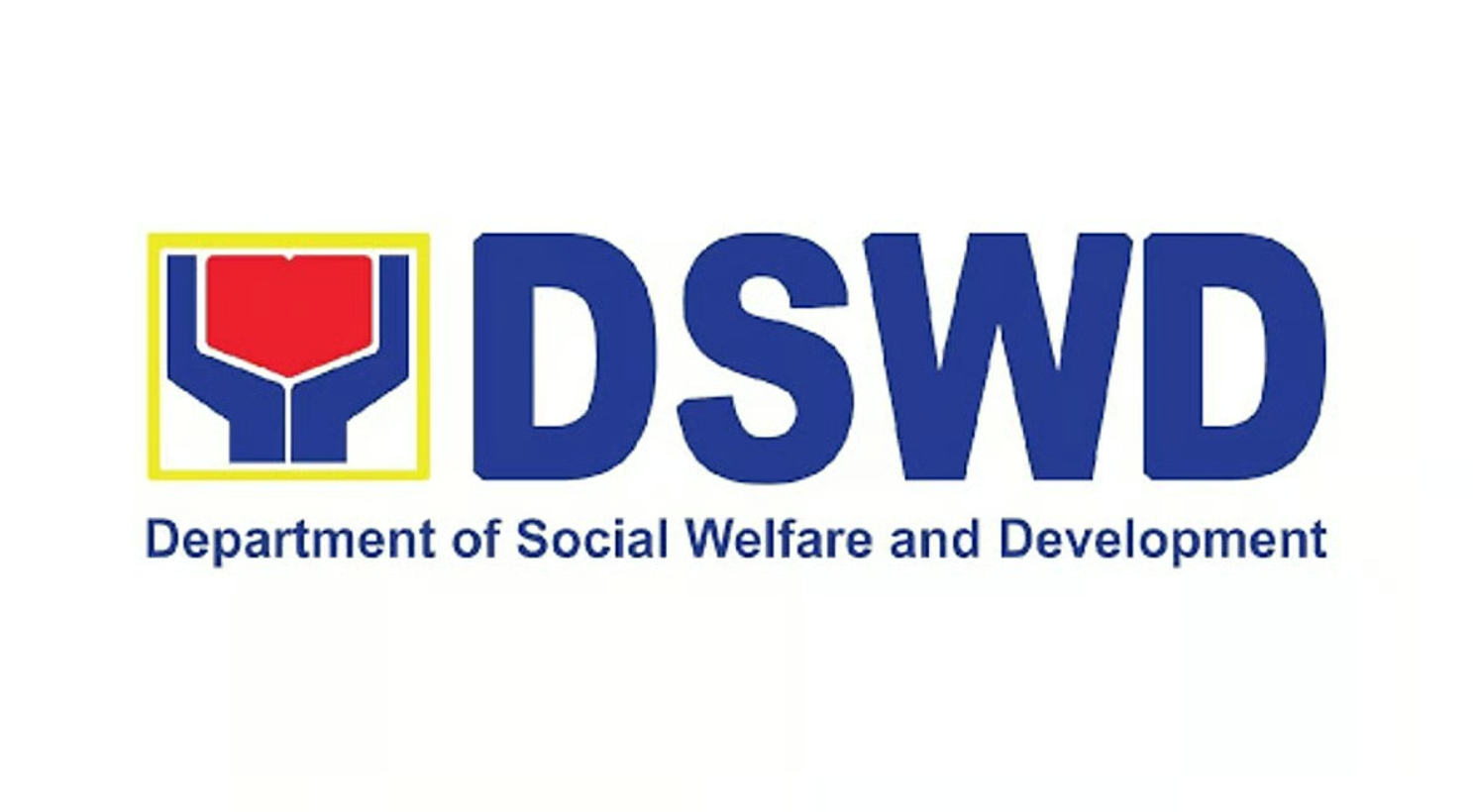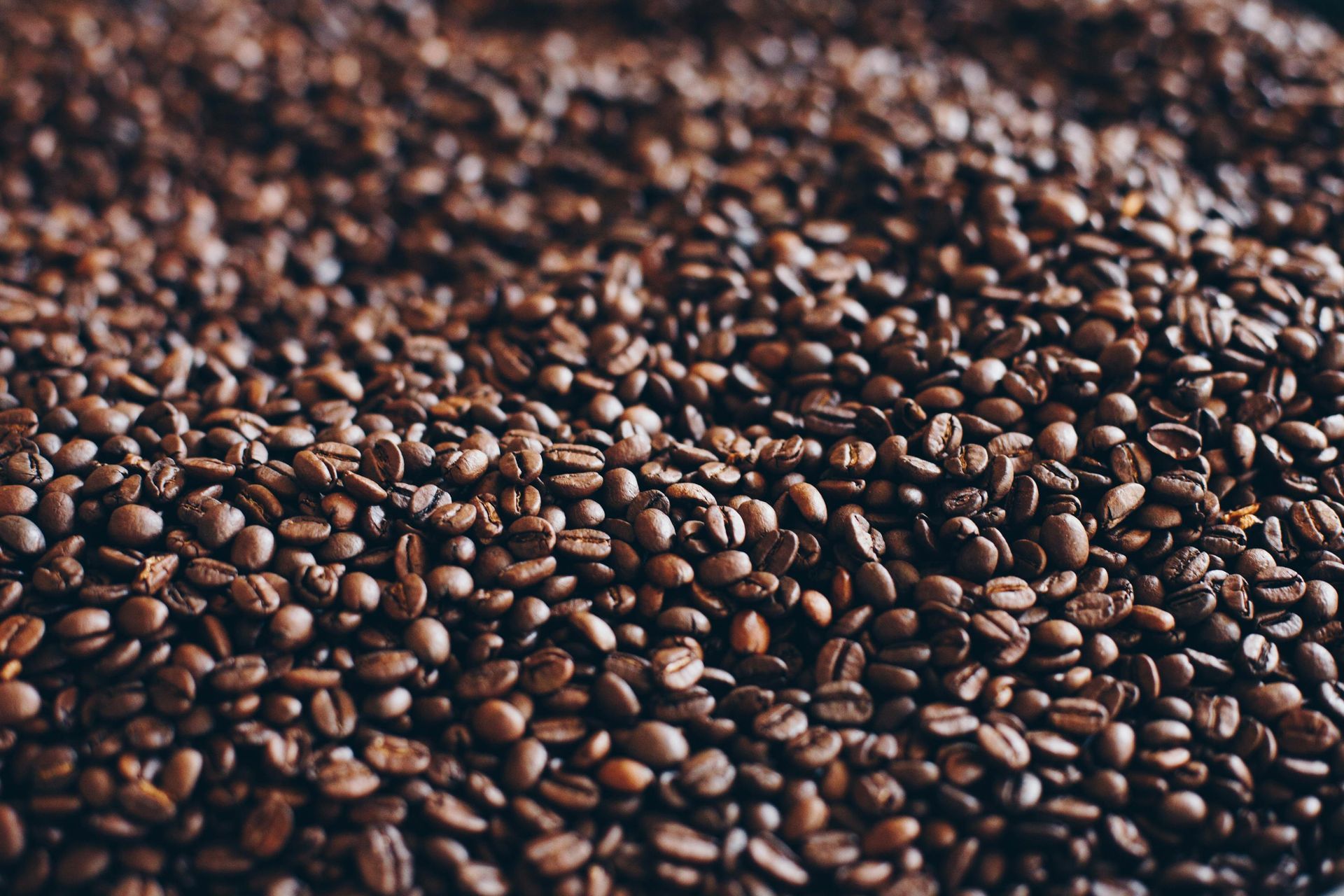RSF: China marks “National Journalists Day” to mask extreme crackdown on press freedom
Art Dumlao — November 15, 2024
RSF: China marks “National Journalists Day” to mask extreme crackdown on press freedom
BAGUIO CITY (November 14, 2024) -- China marked its November 8 “National Journalists Day”, ‘nothing but to mask its extreme crackdown on press freedom’, Reporters Without Borders (RSF) said, believing such “threatens the existence of independent journalism”.
From the torture of detained reporters to arbitrary detentions and systematic censorship and harassment, RSF cited five tactics used by the Chinese government against journalists in China.
Journalists are killed, mistreated and tortured, RSF Cédric Alviani RSF’s Asia-Pacific Bureau Director said, further citing that violence committed by the Chinese government against journalists is widespread. He highlighted the November 2023 beating to death of independent journalist Sun Lin, which RSF claimed, was perpetrated by Chinese security agents, days after releasing footage of protests against Chinese leader Xi Jinping. In 2017, Nobel Peace Prize and RSF Press Freedom Prize laureate Liu Xiaobo and political commentator Yang Tongyan both died in 2017 from cancers that were left untreated in while they were held in detention, Alviani added.
RSF also noted that China is “(the) world’s largest jail for journalists”, placing at least 122 journalists and press freedom advocates in detention, including Chinese journalist Zhang Zhan, who spent four years in prison for her coverage of the Covid 19 outbreak, and was recently criminally detained again for “picking quarrels and provoking trouble”.
RSF also cited harassment and surveillance of journalists covering sensitive topics. It cited the 2024 annual report by the Foreign Correspondents’ Club of China (FCCC) noting that “the vast majority (81%) of surveyed journalists believe that authorities have “possibly or definitely” compromised their messaging app WeChat, while four out of five journalists said they had experienced interference, harassment, or violence.”
The Chinese government also was hard against foreign journalist, the RSF further noted, citing how the Chinese regime “is increasingly using a visa weaponisation policy to limit access for foreign journalists.” In the same FCCC’s 2024 survey, RSF said, “nearly one-third of journalists reported their newsrooms suffered staffing shortages due to an inability to recruit the necessary reporters.”
The Chinese government also extends its crackdown on press freedom far beyond its borders, Alviani added, citing the 2015 abduction of Swedish publisher Gui Minhai in Thailand, and later sentenced to 10 years in prison in China. Uyghur journalists living abroad are also the main target of the authorities, such as Kasim Abdurehim Kashgar whose friends were detained as retaliation for his journalistic work, the RSF recorded.
“The Chinese regime’s celebration of a ‘Journalists' Day’ is fooling no one. Given this display of propaganda, it is essential to highlight that Beijing’s ruthless crackdown on press freedom is endangering journalism’s very existence in the country. We call on the international community to increase pressure on the Chinese regime to stop violating the principles of press freedom enshrined in its constitution," Alviani stressed.
When Xi Jinping became leader of China in 2012, he reinstated a media culture reminiscent of the Maoist era, where seeking information or sharing it freely is a crime, the RSF reiterated.
RSF has made a report: The Great Leap Backwards of Journalism in China, revealing the Chinese government’s extensive efforts to control media outlets and information, both domestically and internationally.
RSF’s 2024 World Press Freedom Index placed China falling close to the bottom rank at 172nd out of the 180 countries and territories evaluated.




